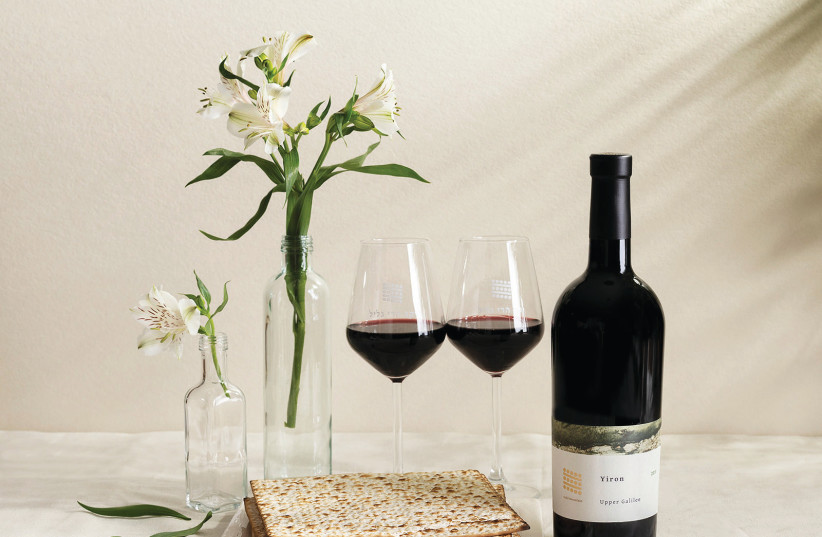In the interest of full disclosure, I confess that, as a child, Passover was easily my favorite holiday. This was in spite of the fact that in our family it usually involved 40 people sitting around many connected tables for a 3-4 hour Seder at my Orthodox Grandparent’s home. As I matured and continued to learn about all of the Jewish holidays, I came to believe that Passover was our most important Holiday, even more important than the 10 days of repentance between Rosh Hashanah and Yom Kippur.
I offer 5 fundamental reasons for declaring that Passover deserves the aforementioned greater respect and esteem:
(1) Like many preeminent writings, the two most important theological documents ever produced both begin with splendid achievements. Both were communicated by Hashem to the Jewish nation. The first, The Ten Commandments, begins “I am the Lord your God who has brought you out of the land of Egypt, out of the house of bondage.” The second, the Torah, starts “In the beginning, God created the heavens and the earth. “By virtue of God’s juxtaposing these two unparalleled accomplishments in his two most significant compositions, Hashem has given credence to my declaration about the extraordinary significance of the Passover holiday. Hashem has provided equivalence to these two existential events: (A) the creation and (B) the granting of freedom to the Jewish nation (the latter being the essence of Passover).
(2) According to a recent Pew Research Foundation survey, 70% of American Jewry participate in Passover rituals, while only 53% do this for Yom Kippur. This disparity is even greater for Jewish people under the age of 60. I suspect that a good part of the reason for the preference of Passover over Yom Kippur is because Passover is more of a family holiday than all others and certainly, family is our most cherished matter. The bottom line is that the majority of Jewish people in the United States pay more attention to Passover than to Yom Kippur.
(3) Passover has a message for the conscience and value system of all people and this is especially true for our children. We use the Seder to teach our faith and customs to the next generation. We explain the importance of asking questions, as we gather in our homes with the entire family. We use Passover observance as a modus operandi to impart our traditions to the next generation. No other Jewish Holiday pays attention to family and children in the way that Passover demonstrates that our children are our future.

(4) We celebrate the role of the Prophetess Miriam and make her a central character in our Seder. Accordingly, Passover affords the distaff side (women in general as well as feminists) an opportunity to view women’s importance to the Jewish account of our history. As a consequence of this, Passover provides, more than our other holidays, an avenue to attract women to Judaism.
(5) We Jews believe in the concept of a Messiah or a messianic era that will result in world peace – the most sought-after human condition in our universe. Passover is the only Holiday that exemplifies and illustrates this so dramatically. For example, consider the Seder with Elijah’s cup and the moment when the door to the outside world is kept open in the hope that Elijah will enter our homes and bring an era of world peace.
Finally, some think of Passover as merely a grand party with a wonderful dinner, accompanied by singing, engaging in social activity and having a good time. In truth, we are celebrating our freedom and our very existence. We are saluting, acknowledging and memorializing almost 4,000 years of the world’s oldest monotheistic religion.
It may be too late to formally declare Passover as one of our High Holy Days, but it is not too late to teach our people that Passover deserves more serious recognition and a place among our most revered and respected holidays.
The writer is a Jewish American citizen who possesses a PhD in organic chemistry, was executive vice president of a Fortune 500 company and has served as a lay chaplain conducting High Holy Day services at hospitals, prisons, nursing homes and other venues where his congregants did not have easy access to worship in a synagogue.
